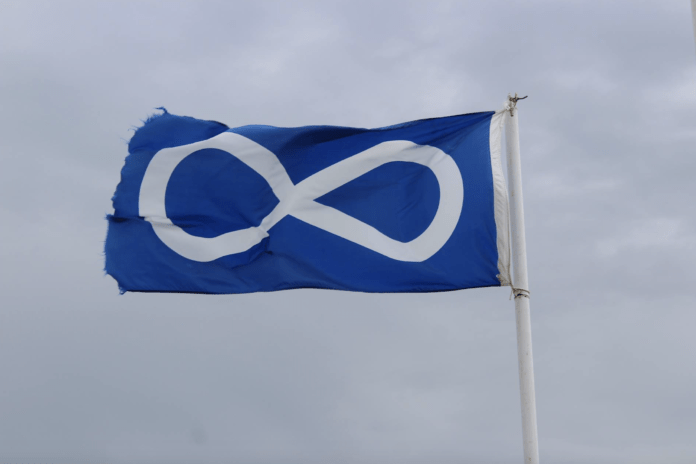Delegates at the 2022 Métis Nation–Saskatchewan (MN–S) Fall 2022 legislative assembly unanimously rejected the provincial government’s Saskatchewan First Act and called on Premier Scott Moe to reconsider his options.
Presidents of Métis Locals from across the province joined the Provincial Métis Council for the Métis Nation Legislative Assembly (MNLA). MN-S vice president Michelle LeClair said the executive had already voted to reject the act, but the MNLA vote gives that decision more heft.
“This was bringing it to the assembly and making sure that what we were talking about and what (the executive) wanted to talk about was the stance that we are taking and then that resolution was passed unanimously.” MN–S Vice President Michelle LeClair explained.
“You need to get the mandate from them, so that’s where that was,” she added. “It’s so very vitally important to talk to our presidents about the Sask First Act and the implications of if it is passed for our community.
MN–S says the Act clearly ignores the inherent rights of Métis citizens to be consulted on constitutional change that impacts our communities. The MNLA directs the executive to call for the immediate withdrawal of the proposed legislation and for the Saskatchewan government to start again, honouring the nation-to-nation relationship with Métis people.
LeClair explained that the MN-S is still working on strategy for opposing the act if the government refuses to compromise.
“We really need to think about standing united on this issue because it does affect our constitutionally protected rights under Section 35 and there are other sections of the constitution that effects,” she said. “From our view, it is unconstitutional and so we are looking at our legal strategy with respect to if this act passes.”
In a related motion, MNLA delegates also came together in their strong opposition to the disposition of Crown Land in Saskatchewan and directed the MN–S to demand the province immediately halt its disposition of land and create a consultation protocol that respects Métis rights and interests, and honours he United Nations Declaration on the Rights of Indigenous Peoples Act.
“It all goes together when we are talking about land,” she said. “We have an active land claim in Northwest Saskatchewan, so first of all the Sask First Act is going to affect our rights as Indigenous people, but second of all it also effects the disposition of crown land.
“The Saskatchewan First Act also effects our land claim and when we negotiate or if it is heard out in court. We are talking about Aboriginal title and when we talk about Aboriginal title we are talking about things like resource sharing, all of those kinds of things that the Sask First Act does not talk about.”
The Provincial Government emailed a response to the Daily Herald on Tuesday morning stating that.
“The Saskatchewan First Act asserts: Saskatchewan’s exclusive legislative jurisdiction under the Constitution of Canada and in particular those matters listed in sections 92 and 92A of the Constitution Act, 1867; that the doctrine of interjurisdictional immunity applies to exclusive provincial jurisdiction to the same extent that it applies to exclusive federal jurisdiction; Saskatchewan’s exclusive legislative jurisdiction over certain matters including non-renewable natural resources, forestry resources and the production and generation of electrical energy.”
They added that this Bill asserts the exclusive jurisdiction of Saskatchewan over laws with respect to matters set out in sections 92 and 92A and does not restrict or limit existing First Nations rights.
In response to constitutionality of the act they stated.
“Section 35 of the Constitution Act, 1982 recognizes the existing Aboriginal and treaty rights of First Nations people in Canada. Section 2-43 of Saskatchewan’s Legislation Act provides that “no enactment abrogates or derogates from the existing Aboriginal and treaty rights of the Aboriginal peoples of Canada that are recognized and affirmed by section 35 of the Constitution Act, 1982.”
michael.oleksyn@paherald.sk.ca
michael.oleksyn@paherald.sk.ca


